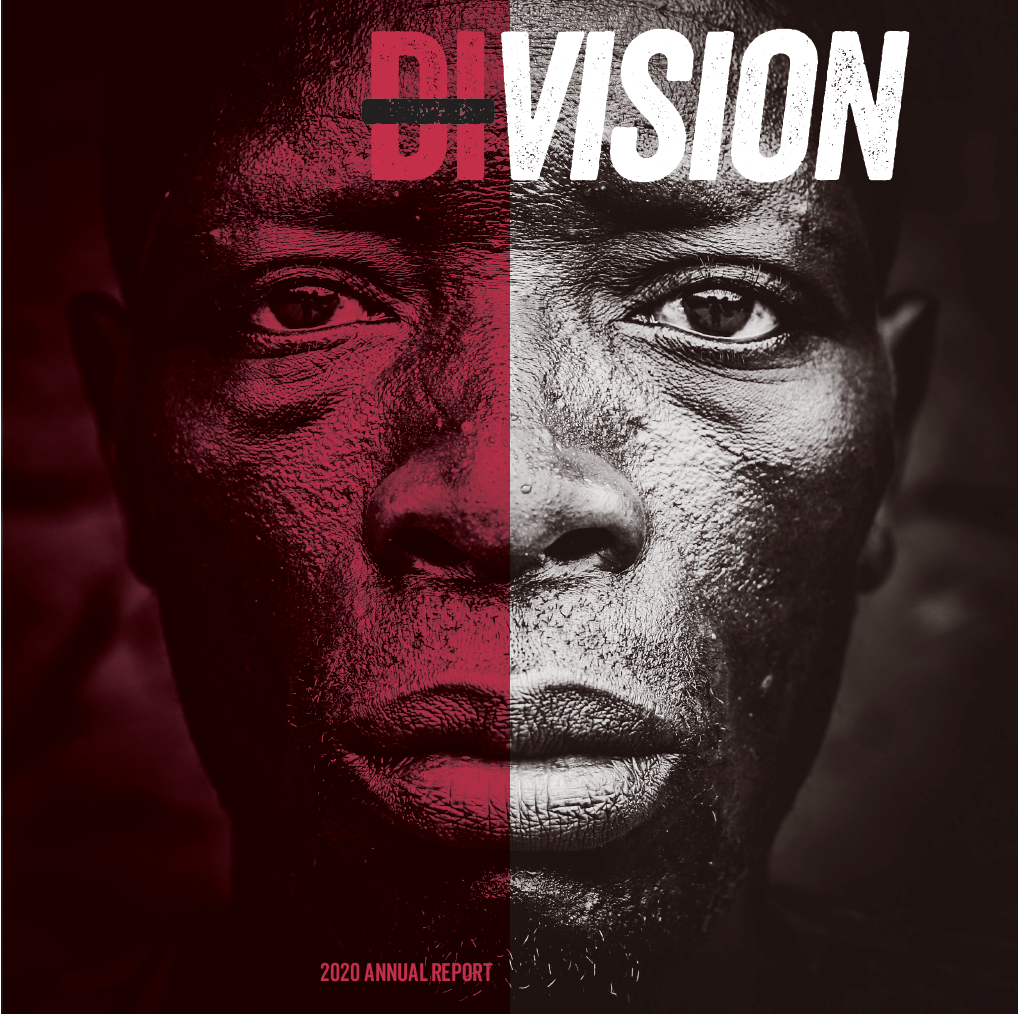
Voqal recently released our FY 2020 Annual Report. In order to celebrate the organizations and individuals featured in the report, we are featuring stories from the report on the #makingairwaves blog over the coming weeks. This week, we take a look at the amazing changemakers who participated in the Voqal Fellowship during FY 2020.
At Voqal, we believe advancing social equity requires bold ideas. That’s where our Voqal Fellows come in. Through our fellowship program, Voqal invests in people as individuals and budding entrepreneurs in order to give those often overlooked by traditional funders a chance to enact their visions at center stage. And, as is often the case, the 2019 fellows’ visions involved innovative thinking about strengthening communities, enhancing their power, and creating the lasting progressive change needed to realize true social equity.
Creating an Economy that Works for All
Richard Wallace is a Chicago native and also an organizer and artist in the fight to end economic violence and anti-Black racism. He has organized campaigns to end discrimination and exploitation in the temp labor sector and led campaigns to end police violence in Black communities.
Wallace’s project, Equity And Transformation (EAT), strives to uplift the faces, voices, and power of the great numbers of disenfranchised and excluded Black workers in Chicago. It organizes with individuals who operate outside of the formal economy.
Wallace describes these individuals as “the childcare providers, the bucket boys that we pass on the way to the train every day, the bootleg DVD man or woman at your local barber shop, the person selling loose cigarettes two for a dollar in front of the local liquor store, the trans and cisgendered commercial sex workers in our community — they are survivors. They are hip hop, they are jazz, they are artists, they are musicians, they are the hustlers who are the heartbeat of every urban community in the U.S.” EAT organizes these workers who work without the legal protections of formal employment and maintains that their survival on the margins holds critical lessons for transforming the economy to one that is inclusive, just, and equitable.
Wallace ultimately hopes to create, “a vision for an equitable Chicago that is defined by the Chicagoans most affected.”
Engaging Young and Underrepresented Voters
The Voqal Fellowship program also supports Maria Yuan whose unique combination of political and private experience has made her well positioned to engage underrepresented voters in the legislative process.
Her project, IssueVoter, is a nonpartisan, online platform that offers everyone a voice in our democracy. According to Yuan, the mission of IssueVoter is “to give everyone a voice in our democracy by making civic engagement accessible, efficient, and impactful.” Individuals use IssueVoter to get alerts about new bills related to issues they care about, send opinions to their representative before Congress votes, and track how often they represent their interests.
IssueVoter helps people reach their elected officials so that elected representatives hear from more voters, not just lobbyists and the biggest donors. In addition, it helps create more informed voters by keeping everyone up-to-date about the issues being decided by their elected representatives.
Engaging the Community in Local Journalism
Kevon Paynter is a futuristic thinker and a journalist who came to the Voqal Fellowship from a community organizing and solutions-reporting background. He is sharply aware that a justice-oriented and financially viable media system can fuel American democracy.
Paynter’s project, Bloc by Block News, provides individuals with a neighborhood news portal and one-stop shop for the best news sources about their state, county, and neighborhood. Bloc by Block News envisions reporters meeting communities’ information needs by producing thoughtful, original, and local reporting in areas where trustworthy news has gone missing. Through its financial model that supports media cooperatives, it seeks to save community journalism and help local news ecosystems thrive at a time when they struggle to adapt in the digital age.
At Voqal, we recognize that building true collective power doesn’t happen overnight. It takes a sustained effort by many individuals and organizations working together on a shared progressive vision. Our hope is that these changemakers will continue to serve as the catalysts needed to not only build that power, but also leverage it towards creating a more equitable future for all.
Interested in reading more? Download the full FY 2020 Annual Report.